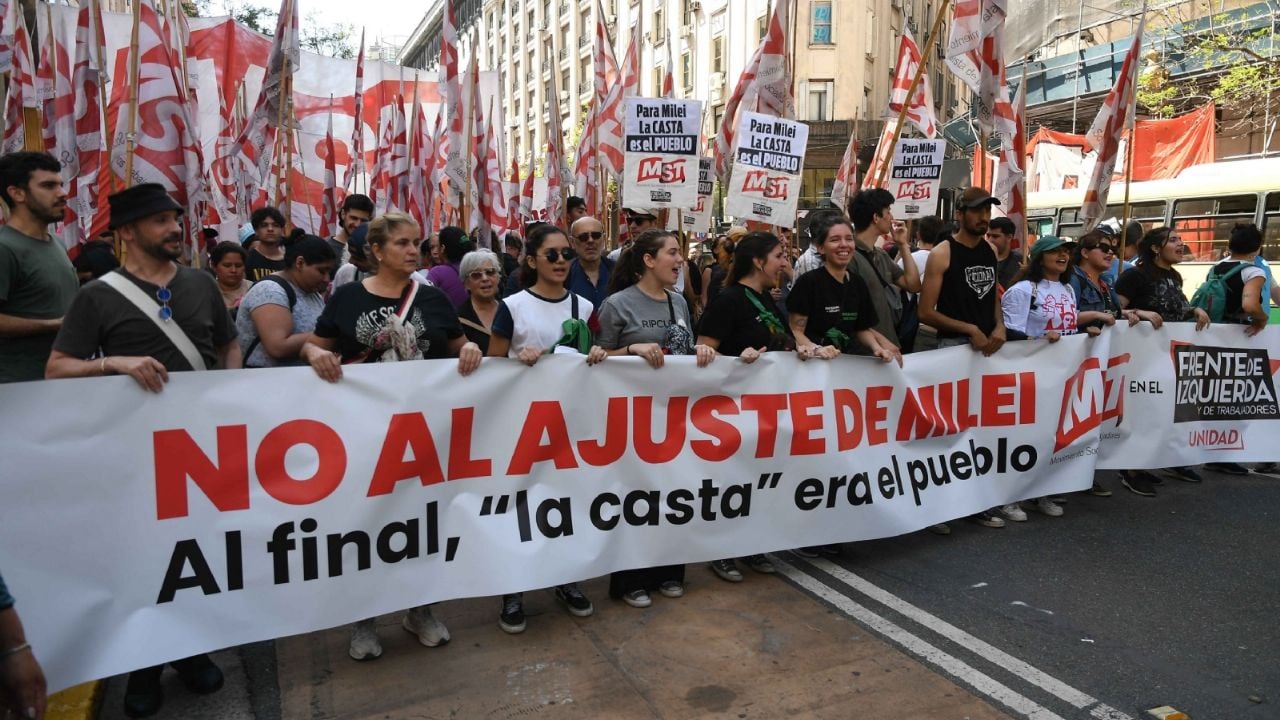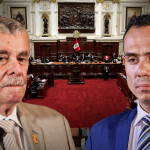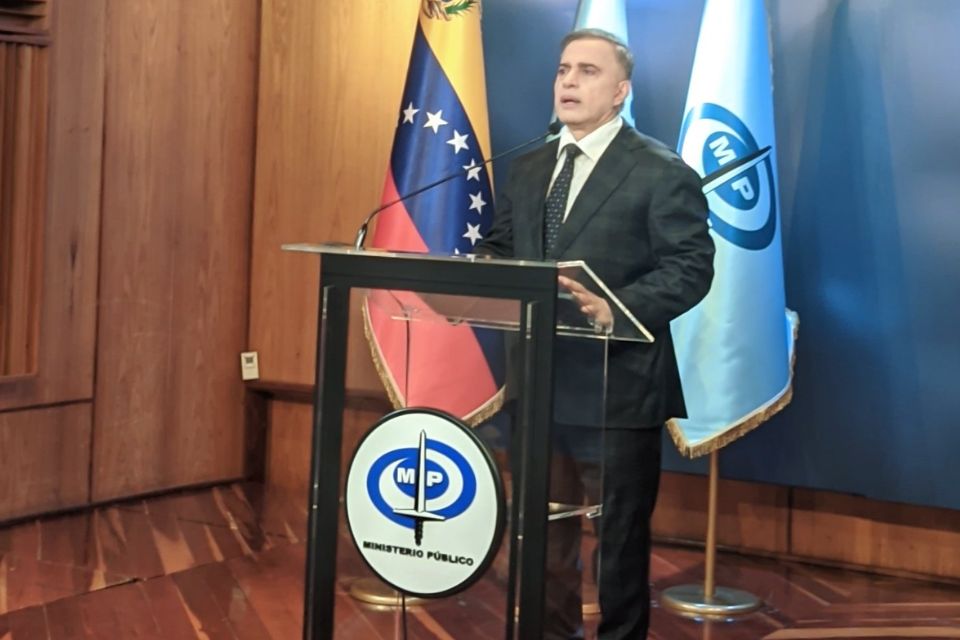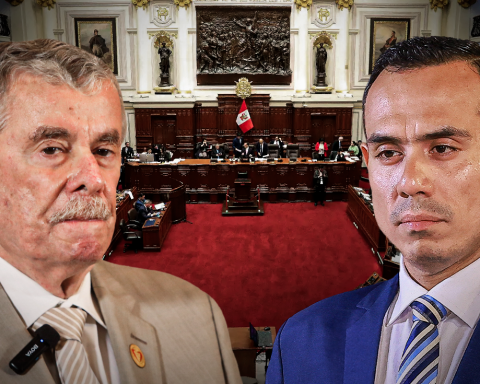The toughest unions in Argentina have decided to call a “federal march” in response to the adjustment policies implemented by the government by Javier Milei. This mobilization, scheduled for next Thursday, December 5, will take place in the emblematic Plaza de Mayo and will feature the participation of various union, social and political organizations.
The call to march against Government has been promoted by the two sides of the Central Workers of Argentina (CTA-T and CTA-A), the Association of State Workers (ATE) and various unions of the General Confederation of Labor (CGT), such as the Union Metallurgical Worker (UOM) and La Bancaria.
In addition, the presence of prominent figures of combative unionism is expected, such as Pablo Moyano, who recently resigned from the leadership of the CGT due to disagreements with the dialogue leadership of the workers’ confederation.
The march’s slogan, “The country is not for sale,” reflects the unions’ rejection of the government’s neoliberal policies, which they consider harmful to workers and national sovereignty. The organizers have denounced that since Milei took office, adjustment policies have increased unemployment, poverty and hunger in the country..

In a joint statement, union leaders Hugo “Cachorro” Godoy and Hugo Yasky highlighted the need to stop these policies and defend the rights of the majorities. The mobilization of December 5 is not an isolated event, but part of a series of actions that the unions have carried out throughout the year.
These include general strikes, mass mobilizations and sectoral measures of force. The day of struggle next Thursday seeks to be a demonstration of strength and unity between the combative sectors of unionism, which oppose the passivity of the dialogue leadership of the CGT.

March
The march against Government It will also have the support of social movements and political groups close to Kirchnerism, such as La Cámpora and the Union of Popular Economy Workers (UTEP). These sectors have expressed their support for the mobilization and their rejection of the government’s adjustment policies, which they consider an attack on workers’ rights and national sovereignty.
The call for the federal march has generated a wide debate in the political and union spheres. While some sectors support the mobilization as a legitimate form of protest, others criticize the radicalization of discourse and confrontation with the government. However, the organizers have made it clear that they will not give up their fight for an Argentina without hunger, with peace, social justice and sovereignty.
follow us on Google News and on our channel instagramto continue enjoying the latest news and our best content.


















